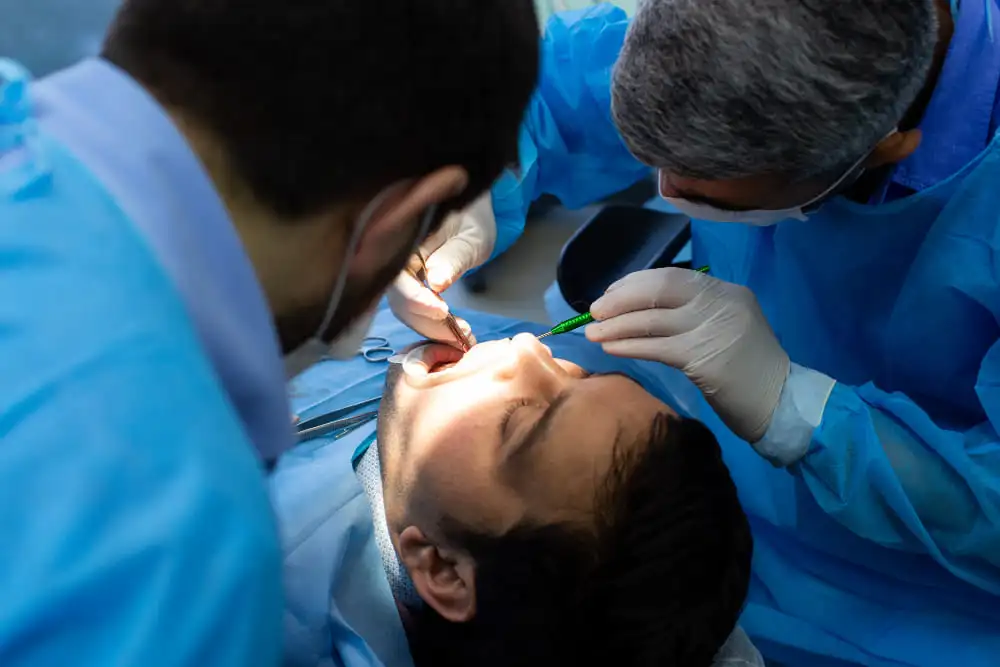

Third molars, sometimes referred to as wisdom teeth, usually erupt between the ages of 17 and 25. While some people have no issues with their wisdom teeth, many others face problems that lead to extraction. Understanding the common causes for wisdom tooth extraction can help you make informed decisions about your oral health. This article will explore various reasons why dentists recommend removing these teeth.
One of the most common reasons for wisdom tooth extraction is impaction. This occurs when a wisdom tooth does not have enough space to emerge properly. As a result, it can remain trapped in the jawbone or beneath the gums. Impacted wisdom teeth can lead to pain, swelling, and infection. When this happens, dentists often recommend extraction to prevent further complications.
Another reason for wisdom tooth removal is crowding. As your jaw grows, there may not be enough room for the additional molars. This may result in your current teeth becoming misaligned. Crowding can lead to bite problems and make it difficult to clean your teeth properly. Dentists often suggest extracting wisdom teeth to maintain the alignment of the other teeth.
Infection is another significant reason for wisdom tooth extraction. When a wisdom tooth is partially erupted, it can create a flap of gum tissue that traps food particles and bacteria. This can lead to a condition called pericoronitis, where the surrounding gums become infected. Pain, swelling, and trouble opening your mouth are some symptoms. In severe cases, the infection can spread, making extraction necessary to eliminate the problem.
Cysts or tumors may occasionally form around impacted wisdom teeth. The adjacent teeth and jawbone may sustain harm as a result of these growths. Cysts are fluid-filled sacs that can form when the tooth does not fully emerge. Although most cysts are benign, they can lead to complications if not treated. Extraction is often the best option to prevent further issues and remove the cyst or tumor.
Wisdom teeth are more susceptible to tooth decay than other teeth. This is partly due to their location at the back of the mouth, where they are harder to clean. If a wisdom tooth develops a cavity, it may not be easily treatable. In some cases, the decay can progress and lead to infection. Dentists may recommend extraction to eliminate the decayed tooth and prevent the spread of infection.
Gum disease is a common dental issue that can affect the health of your wisdom teeth. If the gums surrounding the wisdom teeth become infected, it can lead to swelling, redness, and bleeding. This condition, known as gingivitis, can progress to periodontitis if not treated. In such cases, extraction of the wisdom teeth may be necessary to maintain overall gum health.
If you have undergone orthodontic treatment, dentist may suggest wisdom tooth extraction as a precaution. Even after braces, wisdom teeth can shift your teeth out of alignment. This can undo the hard work you put into straightening your teeth. To prevent this from happening, many orthodontists recommend removing wisdom teeth before or after braces are removed.
As people age, the risks associated with wisdom teeth can increase. Older adults may experience more complications related to their wisdom teeth, such as increased risk of infection and tooth decay. For this reason, dentists may suggest extraction in older adults to prevent potential problems down the road.
Sometimes, wisdom teeth can cause persistent pain and discomfort. This pain may occur due to impaction, decay, or infection. If you experience ongoing pain in the back of your mouth, it is essential to consult a dentist. They can determine the cause of the pain and whether extraction is the best option for relief.
In some cases, dentists may recommend wisdom tooth extraction as a preventive measure. If a dentist predicts that your wisdom teeth are likely to cause problems in the future, they may suggest removing them before issues arise. This proactive approach can save you from experiencing pain, infection, or the need for emergency dental procedures later on.

Wisdom tooth extraction is a common procedure that can help prevent various dental issues. Understanding the common causes for extraction can help you maintain your oral health. If you experience pain, discomfort, or other problems related to your wisdom teeth, it is essential to consult a dentist. They can evaluate your situation and recommend the best course of action.
Taking care of your teeth and being aware of potential issues can help you avoid complications in the future. Regular dental check-ups and good oral hygiene practices can significantly reduce the likelihood of needing a wisdom tooth extraction. Keep in mind that your general health depends on your oral health. Stay informed and proactive to ensure a healthy smile!